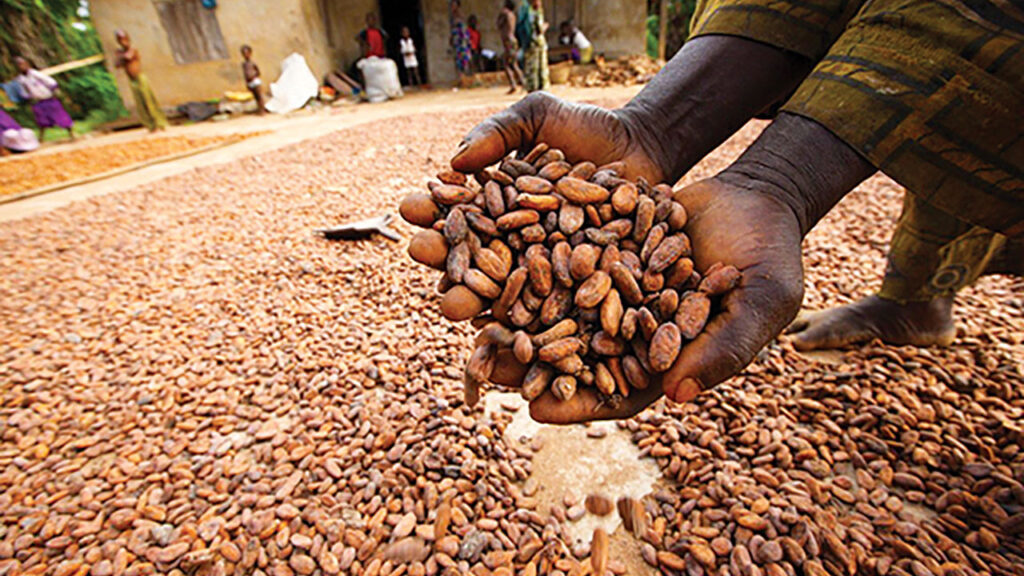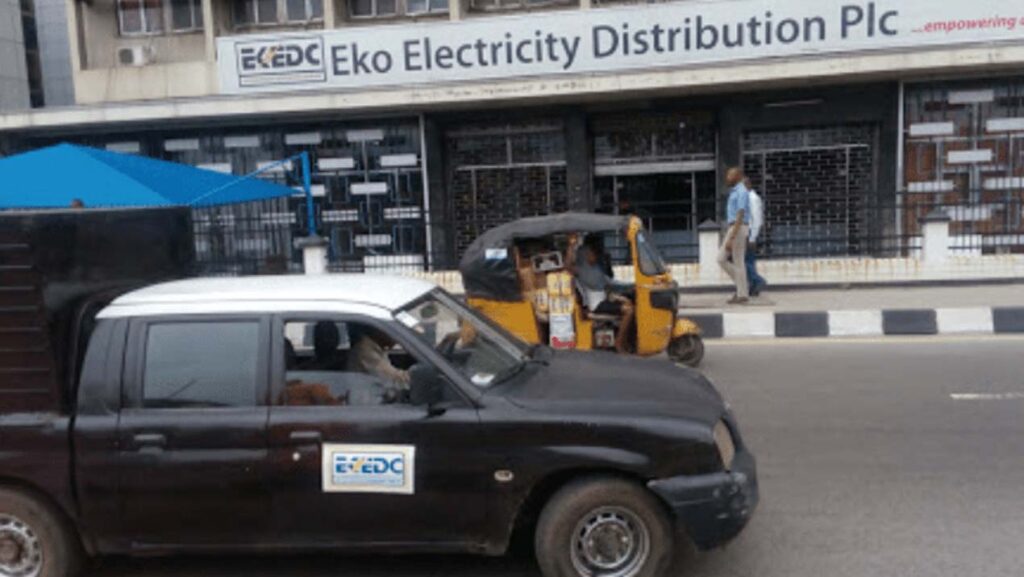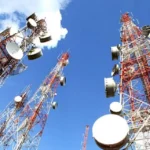Reprieve over fast data depletion being experienced by many subscribers in the country may not come anytime soon.
Telecoms consumers have been at loggerhead with service providers, especially the quartet of MTN, Airtel, Globacom and 9mobile over drop in service quality, and most especially rising data depletion.
From Lagos to Abuja, Kaduna to Port Harcourt and Ondo to Ebonyi, it has been tales of agony as complaints continue to rise.
The COVID-19 pandemic further exposed the importance of the ICT sector and the use of data services powered by the Internet.
Many across the globe moved meetings, businesses and even religious services online.
Nigeria currently has 204 million active Subscribers Identity Module (SIM) cards, where about 154 million are used to access the Internet via the narrowband. Some 85 million Nigerians access the Internet via broadband.
According to speedtest.net, while the average global Internet speed is 46.74Mbps, Nigeria ranked 112 out of 140 countries with 18.63Mbps, even as more people now use the Internet to do many things lately. Industry watchers think operators have capitalised on the vulnerabilities of subscribers to exploit them.
Findings by The Guardian showed that 4.5GB, which costs N2, 000, and is expected to last for 30 days, lately, gets exhausted within a week, at most two weeks. A 10GB, which costs N5, 000, and is expected to last for one month, usually gets wiped off under 14 days.
Checks showed that MTN Nigeria, in its audited report as of December 31, 2020, explained that there was a 14.7 per cent increase in its service revenue to the tune of ₦N1.3 trillion last year.
The firm said data revenue maintained a positive momentum from Q2, prompted by the COVID-19 lockdowns, rising by 51.2 per cent. It subsequently generated N332.37 billion from data last year.
Airtel Africa’s nine-month financial report for the period ended December 31, 2020, showed its revenue increased by 13.8 per cent to $2.87 billion.
Almost half of its reported revenue was from its biggest market, Nigeria, while the East Africa and Francophone regions also showed strong performance. Its impressive revenue moved operating profit to $800 million, a 21 per cent increase from 2019.
While voice is often the biggest revenue source for telcos in Africa, growth in voice is slowing. For instance, in Airtel’s reports, voice revenue only grew by five per cent, compared to data revenue, which grew by 24.4 per cent and mobile money revenue, which grew by 27.8 per cent. The general feeling is that data is the next big growth driver for telcos and no one is betting on this more than Airtel Africa.
The report showed that data revenue for the period ended December 2020 was $842 million, up from $677 million in 2019. The jump is not surprising, given that the company disclosed that in Nigeria, 82 per cent of its total sites are now on 4G while 72 per cent of sites in East Africa are on 4G.
Speaking on the data depletion matter, the National Coordinator, Alliance for Affordable Internet (A4AI), Olusola Teniola, said the Nigerian Communications Commission (NCC) is currently intervening in the matter.
Teniola said concerning data usage over different bundle data offerings, more consumer awareness is required, urging service providers to step up their campaigns. He said it is imperative for affordability and trust that Terms and Conditions are spelt out so that consumers can double-check what they have purchased and precisely when they have exhausted it.
According to him, the most prudent thing for consumers is to ensure that any application they have loaded on their smartphone or device doesn’t consume data when they are not expecting it to do so.
“It appears the greatest challenge is that ‘automatic updates’ is an activity that depletes a consumer’ data and depending on the frequency and size of the update it depletes the available data to consumer’s surprise,” he stated.
Spectranet, which has been listed among the operators with the challenge, explained that fast depletion primarily happens due to high speeds offered by 4G LTE leading to quicker downloads vis-à-vis 2G/3G. It stressed that under certain conditions 4G LTE can download data eight-10 times faster.
The Chief Executive Officer, Spectranet, Ajay Awasthi, said data consumption on 4G LTE networks (WIFI) is faster than the GSM broadband because modern-day smart devices are configured to ensure a heavy amount of data transfer like Operating System (OS) updates, syncing photos and videos, streaming on high definition, among others are conducted over WIFI networks only.
Awasthi said data consumption can occur within or without the knowledge of the subscriber.
“Within your knowledge, data is consumed when you are opening web pages and browsing while being connected to the Internet; as well as during Files download or videos streaming or when any browsing activity is performed.
“Without your knowledge, data gets consumed when you open a video or audio streaming website, where media has already streamed while you decide not to watch or listen any further. The already streamed media, though not completely watched, would have used up the total.”
According to the Spectranet boss, to avoid these challenges, subscribers are to deactivate all cloud storage, except where necessary; change of wireless password fortnightly for safe Internet usage; the device may be switched off when not in use.
Awasthi urged subscribers to reduce video streaming quality from video sites such as Youtube from108OP or default/auto to 240P for optimal viewing and lower data consumption. He asked customers to turn off automatic updates on computers and mobile gadgets, stressing that if operating on a Windows 10, a user may also turn off updates from more than one place.
On the matter, the Executive Vice Chairman, NCC, Prof. Umar Danbatta, said the ‘illegal deduction’ of subscriber’s data was not in the real sense of the word illegal and was also not a result of any proven ‘sharp practice’ by the operators.”
“The reasons for the rise in data consumption and depletion, which is classified by some users as ‘illegal deduction’, include the advancement in technology, which has led to the rise in applications, updates and services that leverage on this technology and advancement of supportive data infrastructure,” he stated.
Others, according to him, are due to an increase in video-based advertising content by social media companies, which in some cases are layered on free services offered by the companies; auto-updates of apps on the phone over a mobile data network without any sort of prompting or intervention by the user of the mobile phone.
Danbatta noted that while consumer protection remains a key focus area of the Commission’s regulatory activities, it has instituted a forensic audit into the matter.
The NCC EVC said through the ongoing forensic audit, the Commission planned “to get to the bottom of why consumers are experiencing data depletion and the possibility of compensating them for wrong deductions, which may arise from short message service (SMS).”
“We have instituted and we have insisted that despite the fall in data price, that forensic audit must go on and must be concluded and the outcome communicated to the CEOs of telecom companies.”
While appealing to Nigerians to wait for the outcome of the ongoing forensic audit, Danbatta said operators will be made to comply with whatever directions given after the investigation to ensure maximum protection for telecom consumers.













